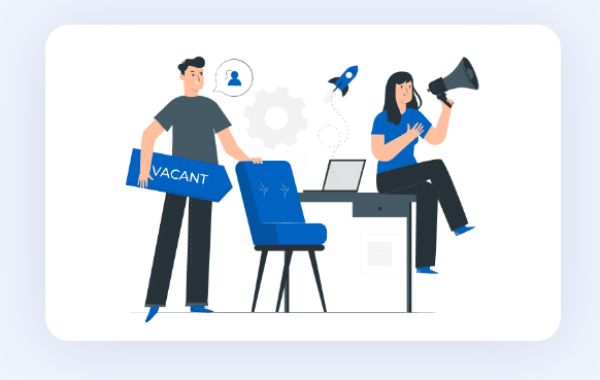The right developer can help turn your vision into reality, while the wrong choice can lead to setbacks and wasted resources. In this comprehensive guide, we'll walk you through the essential steps and considerations for hiring a developer for a startup.
- Define Your Requirements
Before you start the hiring process, it's crucial to clearly define your requirements. What skills and experience do you need in a developer? What programming languages and technologies will they be working with? Understanding your project's technical needs is the first step in finding the right candidate.
- Choose the Right Type of Developer
There are different types of developers, each specializing in various areas, such as front-end, back-end, full-stack, mobile app development, or specialized domains like AI or blockchain. Depending on your project, you may need one or a combination of these skills. Determine which type of developer best aligns with your startup's goals.
- Where to Find Developers
There are several avenues for finding developers:
Job Boards: Websites like LinkedIn, Indeed, and Glassdoor feature job listings for developers. You can also explore niche job boards like Stack Overflow Jobs for technical roles.
Freelance Platforms: Platforms like Upwork, Freelancer, and Toptal allow you to hire freelance developers for short-term projects or ongoing work.
Networking: Attend tech events, conferences, and meetups to network with potential candidates. Personal connections in the tech industry can be invaluable.
Outsourcing: Consider outsourcing development to agencies or offshore teams if you have budget constraints or prefer a more hands-off approach.
- Craft a Compelling Job Posting
Write a job posting that clearly communicates your startup's mission, the role's responsibilities, required skills, and any specific qualifications. Highlight what makes your startup unique and why a developer should want to join your team.
- Screen Candidates Carefully
Review resumes and portfolios thoroughly. Look for candidates with relevant experience and a track record of completing projects similar to yours. Conduct technical interviews and coding tests to assess their skills. Soft skills like teamwork, communication, and problem-solving abilities are equally important.
- Assess Cultural Fit
A developer's technical skills are crucial, but so is their cultural fit within your startup. Ensure their values and work style align with your company culture. A harmonious team dynamic can lead to better collaboration and productivity.
- Offer Competitive Compensation
Competitive compensation packages are essential to attract top talent. Research salary benchmarks in your region and industry to ensure your offer is competitive. Consider offering perks like flexible work arrangements, stock options, or professional development opportunities.
- Provide a Clear Career Path
Developers often seek opportunities for growth and advancement. Outline a clear career path within your startup to motivate and retain top talent. Discuss potential career milestones, promotions, and opportunities for skill development.
- Onboarding and Integration
Once you've hired a developer, a well-structured onboarding process is vital. Introduce them to your startup's processes, tools, and team members. Encourage open communication and provide resources for continuous learning.
- Retention and Growth
Retaining your developer is just as important as hiring them. Foster a positive work environment, encourage skill development, and recognize their contributions. Regular feedback and performance evaluations can help them grow within your startup.
Conclusion
Hiring a developer for your startup is a significant undertaking, but with careful planning and consideration, you can find the right fit for your team. By defining your requirements, sourcing candidates strategically, and providing a supportive environment, you can set your startup on the path to success with a skilled developer by your side. Remember that building a strong and cohesive team is one of the most critical factors in the long-term success of your startup.








